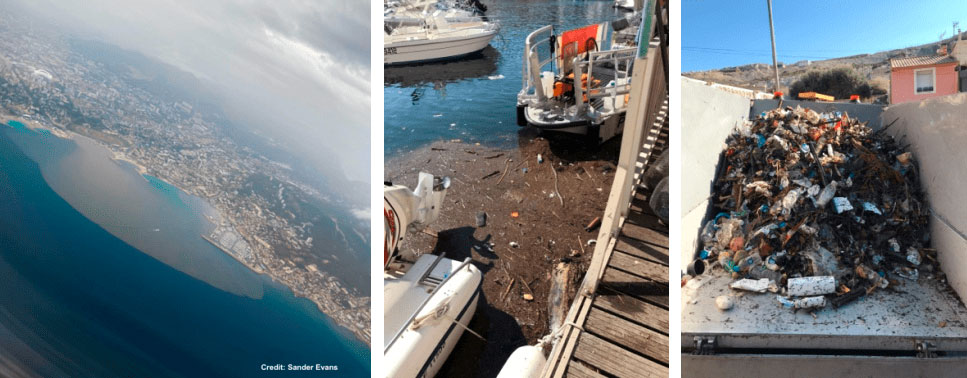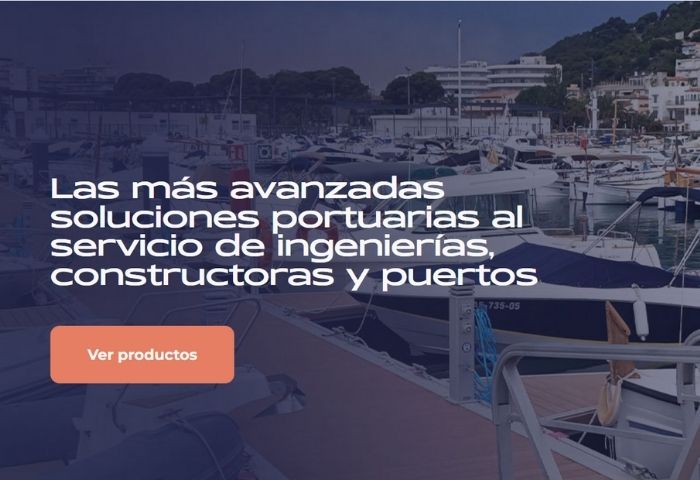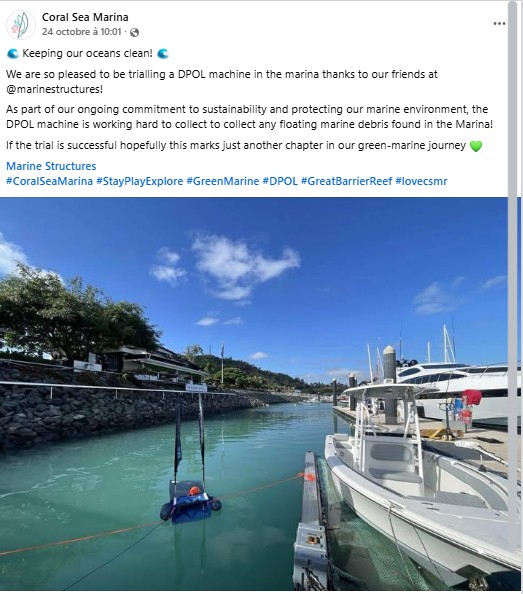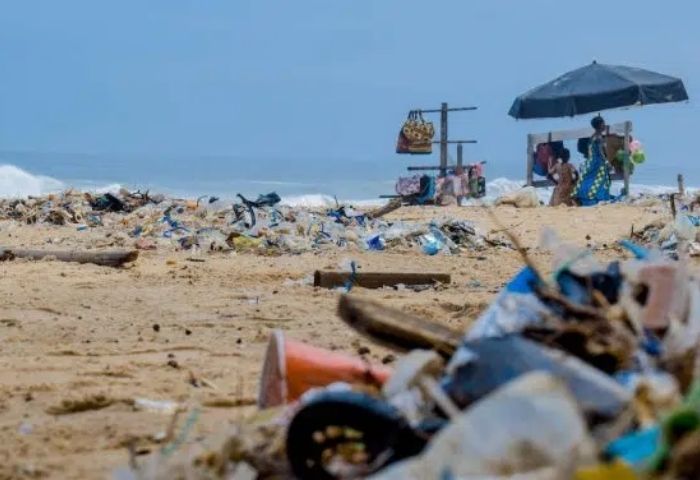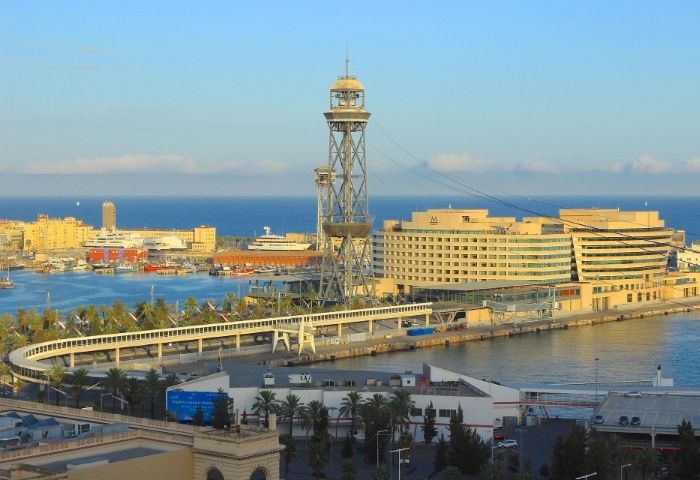Marine pollution, especially floating plastic waste, is often seen as a coastal issue. Yet its origins lie much further inland—in our cities, countryside, and river networks. As the signs on urban storm drains remind us: “The sea starts here.”
🚱 80% of Marine Waste Comes from Land
Experts agree: around 80% of the waste found in the ocean originates from human activities on land. Streams, rivers, and major waterways carry tons of plastics, organic matter, and pollutants to the sea every year. Even inland regions like Lyon, Toulouse, or Paris can trigger marine pollution crises after heavy storms.
🌧️ Climate Change: More Frequent, More Polluting Storms
Global warming intensifies extreme weather events. In the Mediterranean, cévenol episodes and autumn storms cause sudden floods, sweeping massive amounts of waste toward river mouths. The Roya Valley, hit in 2020 and again in 2023, is a striking example.
According to the National Center for Meteorological Research (CNRM), the surface temperature of the Mediterranean could rise by 2 to 4°C by 2100, increasing the frequency of violent weather events—and with them, the influx of marine waste.

🌊 The Mediterranean: A Sea Under Pressure
The Mediterranean faces compounding challenges:
- Geographic: slow water renewal, major river estuaries
- Demographic: growing population density along the coast
- Economic: high concentration of polluting human activities
Ports in southern France are regularly impacted, especially after easterly winds bring waste from the Italian coast, or Libecciu winds wash up debris from the mainland onto Corsican beaches.
🧪 Plastic Pollution: A Threat to Wildlife and Human Health
The exact volume of plastic waste dumped into the oceans is debated—ranging from 0.5 to 12 million tons per year, depending on the source. But every piece of plastic poses a threat: ingestion by marine animals, release of toxic substances, and risks to public health.
🛠️ Concrete Solutions Exist
Reducing plastic production is essential, but challenging given a global industry worth $700 billion, growing at 4% annually. Meanwhile, we can act on land by intercepting waste before it reaches rivers:
- Pollustock anti-waste nets
- Floating barriers
- Surface vacuums like DPOL® technologies
These low-tech, effective, and accessible solutions help limit marine pollution at its source.
✅ Act Now to Reduce Marine Pollution
In the era of climate change, it’s urgent to treat ports and coastlines as public spaces worth protecting, just like our streets. Let’s adopt practical solutions—like DPOL® technology—to safeguard our seas and shores.
🔗 Sources
| Parliamentary Report No. 217 | Official Senate report: Plastic Pollution: A Ticking Time Bomb? | https://www.senat.fr/rap/r20-217/r20-217.html |
| National Center for Meteorological Research (CNRM) | Studies on Mediterranean warming and extreme weather episodes | https://www.umr-cnrm.fr/spip.php?article179 |
| Keraunos – Severe Storm Observatory | Data on cévenol episodes, floods, and extreme weather | https://www.keraunos.org/previsions/prevision-orage-tornade-france-convective-outlook.html |
